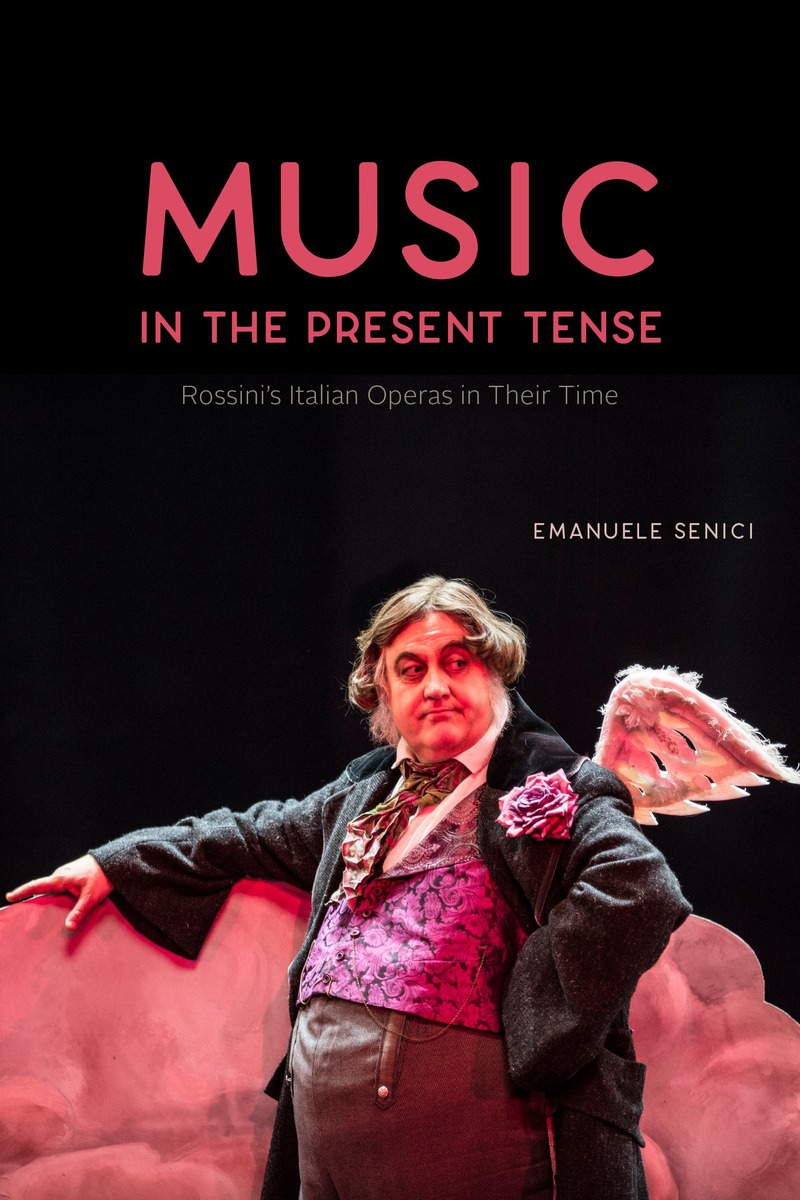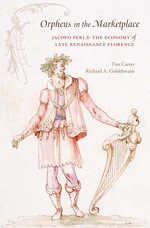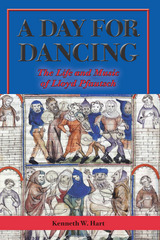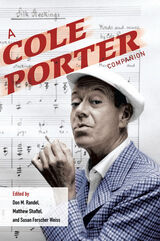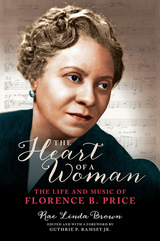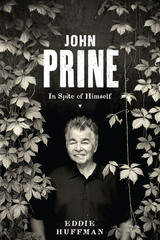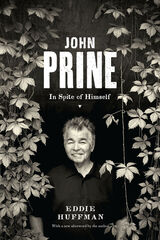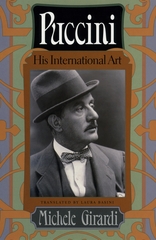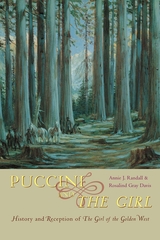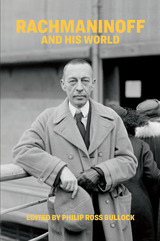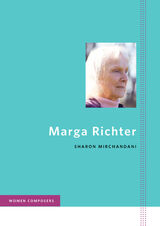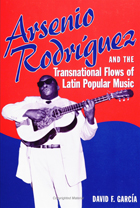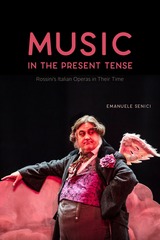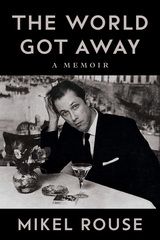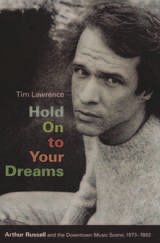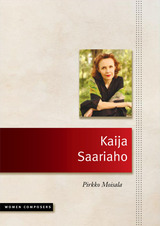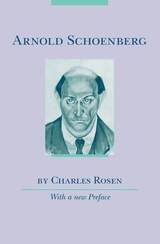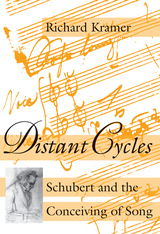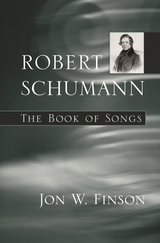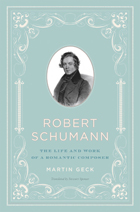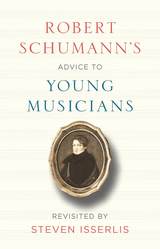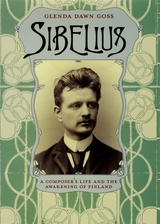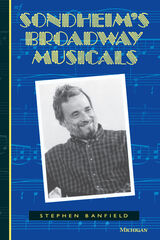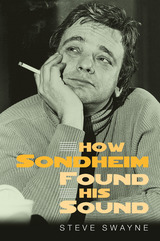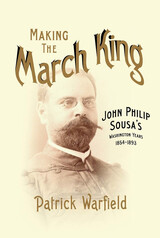Music in the Present Tense: Rossini’s Italian Operas in Their Time
University of Chicago Press, 2019
Cloth: 978-0-226-66354-8 | eISBN: 978-0-226-66368-5
Library of Congress Classification ML410.R835S24 2019
Dewey Decimal Classification 782.1092
Cloth: 978-0-226-66354-8 | eISBN: 978-0-226-66368-5
Library of Congress Classification ML410.R835S24 2019
Dewey Decimal Classification 782.1092
ABOUT THIS BOOK | AUTHOR BIOGRAPHY | REVIEWS | TOC | REQUEST ACCESSIBLE FILE
ABOUT THIS BOOK
In the early 1800s, Rossini’s operas permeated Italy, from the opera house to myriad arrangements heard in public and private. But after Rossini stopped composing, a sharp decline in popularity drove most of his works out of the repertory. In the past half century, they have made a spectacular return to operatic stages worldwide, but this recent fame has not been accompanied by a comparable critical reevaluation.
Emanuele Senici’s new book provides a fresh look at the motives behind the Rossinian furore and its aftermath by examining the composer’s works in the historical context in which they were conceived, performed, seen, heard, and discussed. Situating the operas firmly within the social practices, cultural formations, ideological currents, and political events of early nineteenth-century Italy, Senici reveals Rossini’s dramaturgy as a radically new and specifically Italian reaction to the epoch-making changes witnessed in Europe at the time. The first book-length study of Rossini’s Italian operas to appear in English, Music in the Present Tense exposes new ways to explore nineteenth-century music and addresses crucial issues in the history of modernity, such as trauma, repetition, and the healing power of theatricality.
Emanuele Senici’s new book provides a fresh look at the motives behind the Rossinian furore and its aftermath by examining the composer’s works in the historical context in which they were conceived, performed, seen, heard, and discussed. Situating the operas firmly within the social practices, cultural formations, ideological currents, and political events of early nineteenth-century Italy, Senici reveals Rossini’s dramaturgy as a radically new and specifically Italian reaction to the epoch-making changes witnessed in Europe at the time. The first book-length study of Rossini’s Italian operas to appear in English, Music in the Present Tense exposes new ways to explore nineteenth-century music and addresses crucial issues in the history of modernity, such as trauma, repetition, and the healing power of theatricality.
See other books on: Appreciation | Italy | Opera | Operas | Present Tense
See other titles from University of Chicago Press
